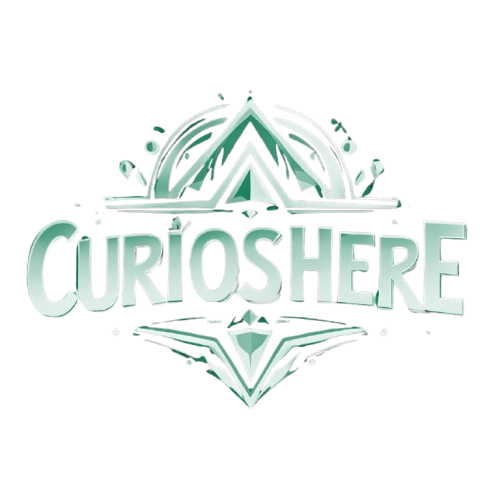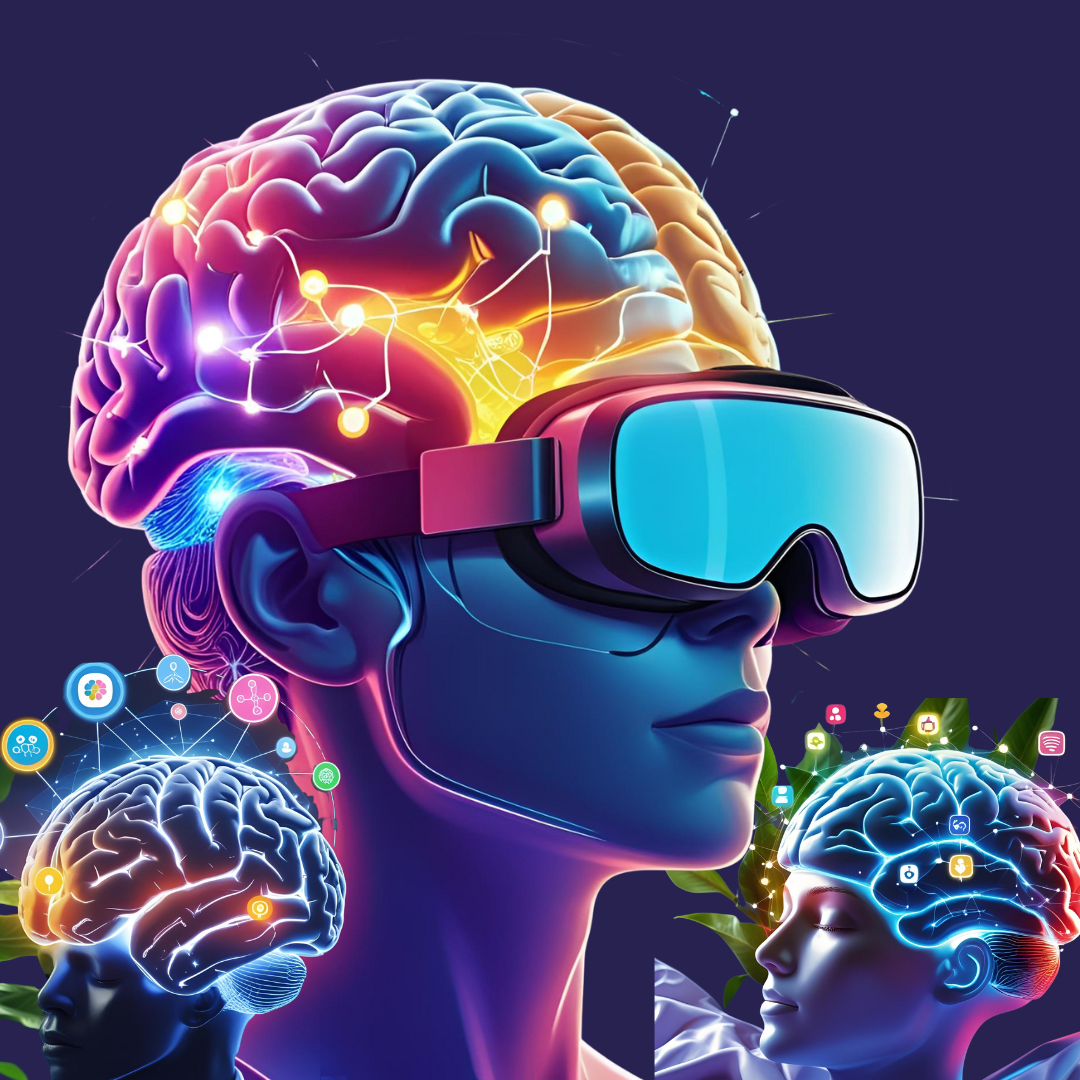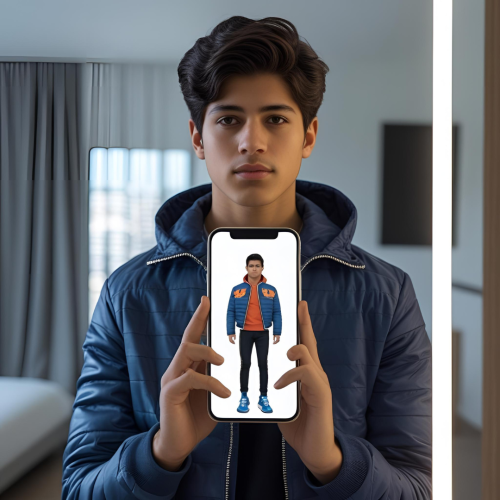Mental health is no longer a taboo topic; it has become a global priority. In our fast-paced, hyperconnected world, levels of anxiety, depression, burnout, and loneliness are reaching historic highs. But there’s hope: science is advancing like never before, offering new therapies, more precise diagnoses, and innovative technologies that are already transforming lives
In this post, you’ll discover 10 revolutionary breakthroughs—some so new they seem like science fiction—and learn how to apply them to your routine to improve your emotional well-being today.
1. Artificial Intelligence (AI)-Supported Therapies
What it is: Therapeutic chatbots, automated screening tools, and algorithms that assess emotional risk. Real example: Woebot, a virtual assistant based on Cognitive Behavioral Therapy (CBT), which offers 24/7 support. Why it matters: Provides fast, confidential, and accessible mental health support. Ideal for those hesitant to open up to a human therapist or in need of immediate assistance. To ponder: Can a robot truly understand your pain?
2. Biomarkers for Depression Diagnosis and Treatment
What’s changing: Blood, saliva, or even retinal tests that detect specific biological patterns linked to depression. This advance paves the way for personalized psychiatry (pharmacogenomics). Impact: Allows for more objective and faster diagnoses, reducing reliance on subjective interviews. Furthermore, pharmacogenomics uses genetic tests to predict how an individual will respond to different psychiatric medications, avoiding trial-and-error methods and optimizing treatment. Trending SEO terms: biomarkers for mental health, blood test for depression, pharmacogenomics psychiatry, personalized medication.
3. Non-Invasive Brain Stimulation
Emerging technologies: Transcranial Direct Current Stimulation (tDCS) and Transcranial Magnetic Stimulation (TMS). Benefits: Alleviates depressive and anxious symptoms without medication, or as a complementary therapy. Who’s using it: Medical centers in Europe and North America, with treatments for refractory depression, OCD, addictions, and insomnia. Potential: A promising alternative for those seeking approaches beyond traditional pharmacology.
4. Psychedelic Therapies with Clinical Supervision
The psychedelic neuroscience boom: Clinical studies with substances like psilocybin, MDMA, and ketamine are showing remarkable results in treating Post-Traumatic Stress Disorder (PTSD), profound grief, and treatment-resistant depression. Legalization and research: Advanced clinical trials are ongoing in the U.S., U.K., and Canada, with some substances already approved for therapeutic use in specific contexts. Powerful question: What if what you fear most—”losing control”—is actually your greatest cure?
5. Virtual Reality (VR) for Phobias and PTSD
What it is: Immersive Virtual Reality environments used in therapy to simulate situations that trigger anxiety (e.g., public speaking, heights) or to reprocess traumatic memories in a controlled, safe setting. Why it matters: Offers a powerful, controlled exposure therapy that might be more accessible or less intimidating for some patients than real-world exposure. It’s particularly effective for phobias, social anxiety, and PTSD. Real Example: Used in clinics for veterans with PTSD, allowing them to safely re-experience and process traumatic events.
6. Scientifically Validated Apps for Mental Self-Care
Highlights: Headspace, Youper, MindDoc, Wysa, Insight Timer. Technologies used: AI, gamification, neurofeedback, and data-based personalization. Monetization: Affiliate links opportunities with commissions on subscriptions or downloads. Bonus: Perfect for building healthy mental well-being habits with minimal effort, offering support right in your pocket.
7. Nutrigenomics and Microbiome Therapies: Your Brain Starts in Your Gut
What it is: The study of how food interacts with your genes and affects the brain (Nutrigenomics), and the exploration of the direct relationship between the gut microbiome and mental health (gut-brain axis). New therapies include interventions with psychobiotics (specific probiotics) and even fecal microbiota transplantation (FMT) for mood conditions. Practical examples: Personalized supplementation with omega-3, tryptophan, magnesium, or specific probiotics. Recent science: Studies show that anti-inflammatory diets can reduce symptoms of depression and anxiety. Growing evidence links dysbiosis (imbalance) in gut bacteria to conditions like depression, anxiety, and even neurodevelopmental disorders. Connection: Your mood and mental health may have a strong link to what happens in your gut.
8. Emotional Monitoring with Wearable Devices
Innovations: Smartwatches and bracelets that measure Heart Rate Variability (HRV), stress levels, and sleep patterns. How it works: Linked apps detect early signs of burnout, emotional overload, or anxiety attacks, allowing for proactive interventions. Examples: Oura Ring, Fitbit Sense, Apple Watch with Mindfulness and health monitoring apps. Extra Benefit: Helps in self-awareness and understanding your body’s and mind’s triggers.
9. Online and Hybrid Psychological Support
What it is: Facilitated access to therapists and psychiatrists through video-consultation platforms, democratizing access to mental healthcare. Benefits: Flexibility in scheduling, convenience, privacy, and the ability to find specialized professionals anywhere. The hybrid model combines online sessions with in-person meetings when necessary. Impact: Reduces geographical barriers and stigma, making therapy a more viable option for a larger number of people. Relevant SEO terms: online therapy, online psychologist, remote psychological consultation.
10. Gamification and Engagement in Mental Health Treatment
What it is: The application of game elements and design in mental health programs to increase patient engagement and adherence. How it works: Uses rewards, challenges, progress feedback, and engaging narratives to motivate users to stay in treatment or practice self-care. Examples: Apps that turn CBT exercises into “missions” or offer “points” for daily well-being practices. Why it matters: Makes the process of recovery and maintaining mental health more enjoyable and less intimidating, especially for young people or those with difficulty engaging.
How to Integrate These Advances into Your Routine: A Daily Checklist
- Install a mental health support app: Try Woebot, Headspace, or Youper.
- Try 5 minutes of gamified meditation: Many apps offer this.
- Consider a scientifically validated natural supplement: Talk to your doctor about omega-3, tryptophan, or specific probiotics.
- Experiment with a wearable device: Use a smartwatch or smart ring to monitor stress and sleep.
- Explore online therapy: If you need professional support, research reliable platforms.
Lead Magnet Suggestion: Download the free e-book “10 Scientific Habits to Protect Your Mind” for a complete guide.
Monetization Strategy
- Google AdSense: High CPC keywords such as online therapy, mental health wearables, legal psilocybin, depression biomarkers, transcranial stimulation.
- Affiliate Marketing:
- Apps: Headspace, BetterHelp, Mindvalley, Calm, Fabulous, Youper.
- Products: Supplements (5-HTP, Omega-3, Rhodiola), smart bracelets and rings (Oura Ring, Fitbit), books on mental health and nutrition.
- Courses: Emotional intelligence, mindfulness, stress management, applied neuroscience.
- Lead Capture: Offer the free e-book + a newsletter with updates on mental health and new advances.
The Future of Your Mental Health Is in Your Hands
Science is unveiling unprecedented paths to caring for our minds. From algorithms that offer support to treatments based on genetics or your diet, the range of options is rapidly expanding. There’s no longer any excuse to ignore mental well-being.
By understanding and exploring these advances, you empower yourself to make more conscious decisions about your health and quality of life. The future of mental health is promising, and you are a part of it.
Which of these advances caught your attention the most? Do you already use any of these technologies in your daily life? Leave your comment and share your experiences!







